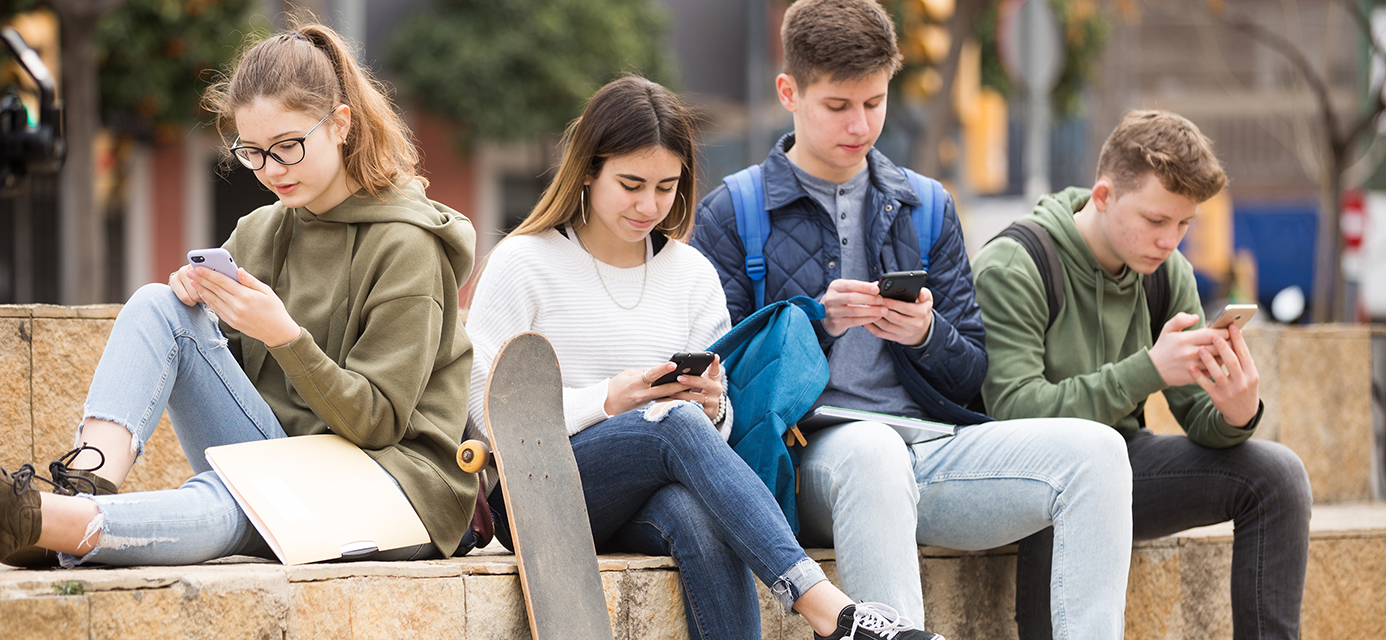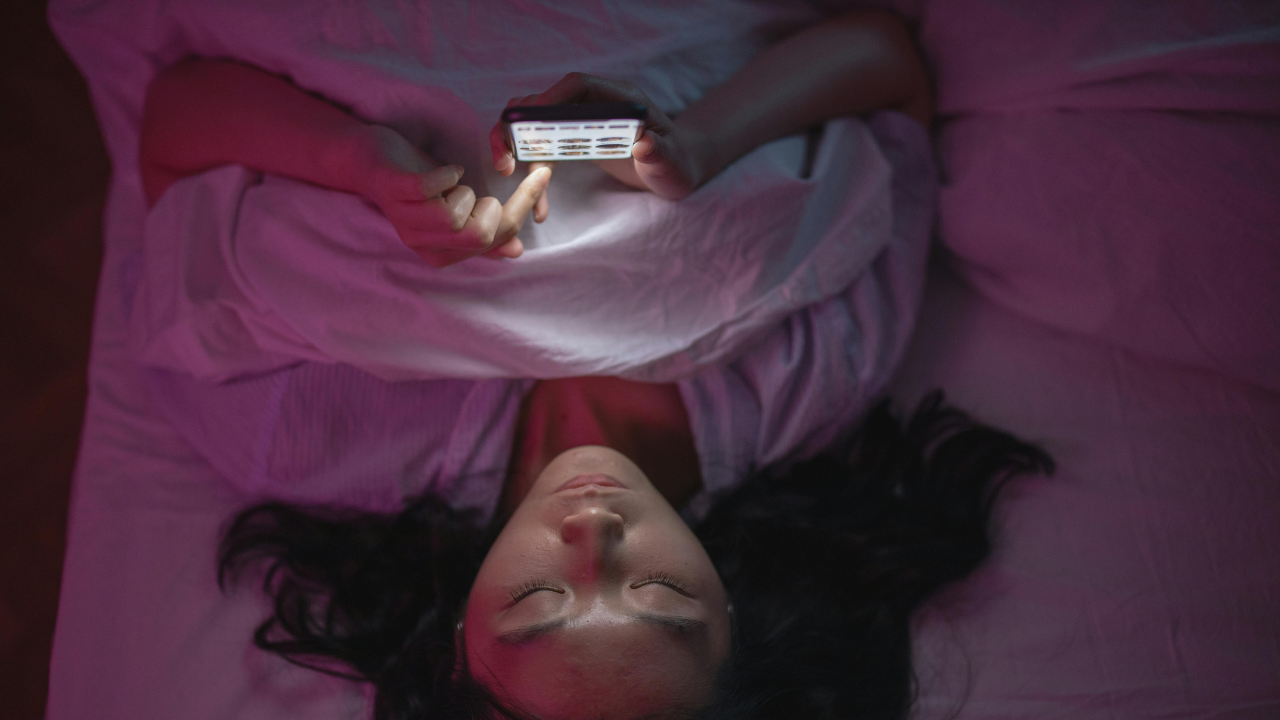Social media has fundamentally transformed how teenagers perceive themselves and their bodies. With nearly 80% of teens having at least one social media account by age 13, platforms like Instagram, TikTok, and Snapchat have become central to adolescent identity formation.
These digital spaces, filled with carefully curated images and filtered content, create a complex environment where young people constantly compare themselves to often unrealistic standards. Research consistently shows that excessive social media usage is strongly associated with body image distortion and unhealthy weight control behaviors, making this a critical issue for parents, educators, and mental health professionals to understand and address.
The Psychology Behind Social Media’s Impact
Social Comparison Theory in Action
Social media amplifies the natural tendency for social comparison among teenagers. Adolescents who spend more than 2 hours daily on social media are more likely to report body image issues, eating concerns, and depression. The constant exposure to idealized images creates what experts call “compare and despair” – a cycle where teens measure their worth against carefully edited and filtered representations of others.
The visual nature of platforms like Instagram and TikTok particularly intensifies these comparisons. Up to 80% of photographs on social media are digitally altered, yet teenagers often perceive these images as authentic representations of beauty and success.
The Validation Seeking Cycle
Modern teens increasingly rely on likes, comments, and followers as measures of self-worth. This external validation system can create unhealthy dependencies where self-esteem fluctuates based on online engagement. Studies show that teens who post more pictures on social media have heightened awareness of their appearance and feel more negative about their bodies.
Gender Differences and Vulnerabilities

Girls at Higher Risk
Research indicates that girls between ages 10-14 are most affected by social media’s impact on self-esteem. Female adolescents are more likely to use highly visual social media platforms and report receiving negative insights about their bodies and perceived attractiveness. In surveys, 40% of young people said images on social media caused them to worry about their body image, with 54% of girls compared to 26% of boys reporting these concerns.
Boys Also Affected
Contrary to previous assumptions, recent studies reveal that boys are also unhappy with their bodies and don’t differ significantly from girls in body image attitudes. This finding challenges the stereotype that body image issues primarily affect females, highlighting the need for inclusive approaches to addressing these concerns.
Mental Health Consequences
Serious Psychological Effects
The impact of social media on teen body image extends far beyond surface-level concerns. Teens who view themselves as very fat or very skinny are twice as likely to attempt or think about suicide than their “normal weight” peers. The constant comparison with idealized images can intensify feelings of self-worthlessness and hopelessness, potentially leading to self-harm as a coping mechanism.
Associated Disorders
Exposure to idealized images on social media platforms contributes to body dissatisfaction and eating disorders among teen girls and increasingly affects boys as well. The connection between social media use and eating disorders has become so pronounced that it’s now considered a significant risk factor for these serious mental health conditions.
Positive Aspects and Solutions
Potential Benefits
While much research focuses on negative effects, social media can also provide opportunities for self-expression and connection with supportive communities. Some teens report that positive social media interactions improve their self-esteem and body image, particularly when they encounter diverse representations of beauty and body positivity content.
Intervention Strategies
Reducing social media use by 50% for just a few weeks shows significant improvement in how teens feel about their weight and body image. Educational programs promoting media literacy and critical thinking about social media content can empower teenagers to navigate these platforms more healthily.
The relationship between social media and teen body image is complex, with both harmful and beneficial potential. While platforms can exacerbate body dissatisfaction and contribute to serious mental health issues, they also offer opportunities for positive connection and self-expression. The key lies in promoting balanced usage, and media literacy, and creating supportive environments that help teens develop healthy self-perceptions in our increasingly digital world.

